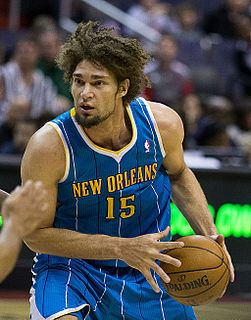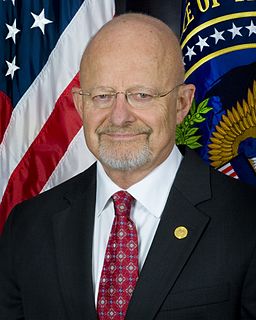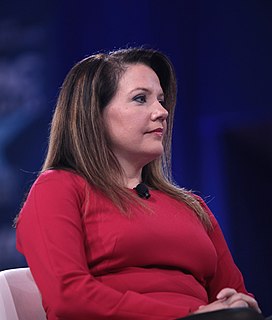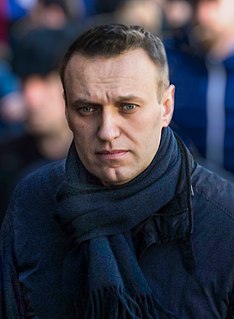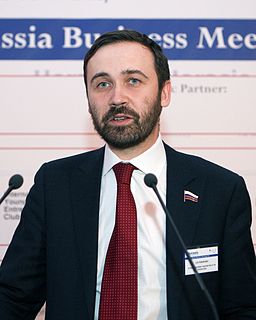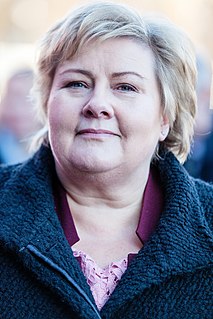A Quote by Ivo Daalder
Many observers believe that the greatest damage Russia has done to U.S. interests in recent years stems from the Kremlin's interference in the 2016 U.S. presidential race. Although there is no question that Moscow's meddling in American elections is deeply worrying, it is just one aspect of the threat Russia poses.
Related Quotes
Although Perm is one of the biggest cities in Russia it felt like a different kind of Russia. In Moscow, you have the Kremlin, St. Basil's, a lot of Soviet iconography everywhere. In Perm, it was a different side of Russia. A little more folksy. If Moscow is an iron statue of an eagle, Perm is a matryoshka nesting doll.
The two most capable nation state adversaries in the cyber domain are clearly Russia and, of course, China. And I do think Russia poses a huge threat in the way they have used the cyber domain. That, to me, by the way, is the big issue here, is Russian interference in our political process, in our election process. And that is an egregious act by them. And they will continue to do that and I think more aggressively than they have in the past. And I think it's something Americans, all American citizens need to be aware of.
Russia and other countries have been hacking and attempting to attack American institutions for years, that Russia's attack on American elections has been going back for over 50 years. So this is nothing new. And the fact that this particular hack was perpetrated by Russian entities is something that no one is disputing.
We know that Russia has done things that are very much against our interests. They've done things that require us to take punitive action against Russia. That does not mean we can't work with Russia where we have a common agenda. Russia is a permanent member of the United Nations Security Council; we need their help in isolating North Korea and their nuclear weapons violations. So, we still need to work with Russia. But Russia's done things that are contrary to our national security interest, and the US must respond to those types of activities.
For 17 years, elections in Russia have followed the same pattern: Nobody criticizes Putin, nobody runs a real election campaign, the whole process takes place quietly over a period of two months. The Kremlin blocks every alternative to Putin. He doesn't want a candidate who will travel through the country and speak loudly about Russia's problems.
People take the lazy way out, and do not regard Putin and the Kremlin as the real enemy. They create a long but erroneous chain in their heads. Putin is the leader of Russia. Putin does X, therefore Russia is doing X, and Russia is our enemy. And so, we introduce sanctions, for example, against Russia.
Merkel is a flagship of the EU. Not everything depends on her, but much does. I have been shocked in a positive way by how Merkel is defending international law so openly and strongly. She wants to have peace and stability in the EU, and she knows that Russia is a problem in terms of security. It seems to me that many Germans are led by a certain fear of Russia. So you hear things like, "Let's avoid conflicts with Moscow, let's appease the Kremlin."
Right now, I see a lot of alarming trends inside Russia, especially in Siberia, which I represent in the parliament. People start to ask questions: If we mine all the natural resources - if we have all the oil, all the gas, all the coal, all the gold, all the diamonds - why the hell do we need central Russia? They are just eating at our resources. Without Moscow having a response for this, it would face very nasty questions such as one that was asked during my recent reelection campaign - it actually became a slogan of my campaign - "Stop feeding Moscow."

